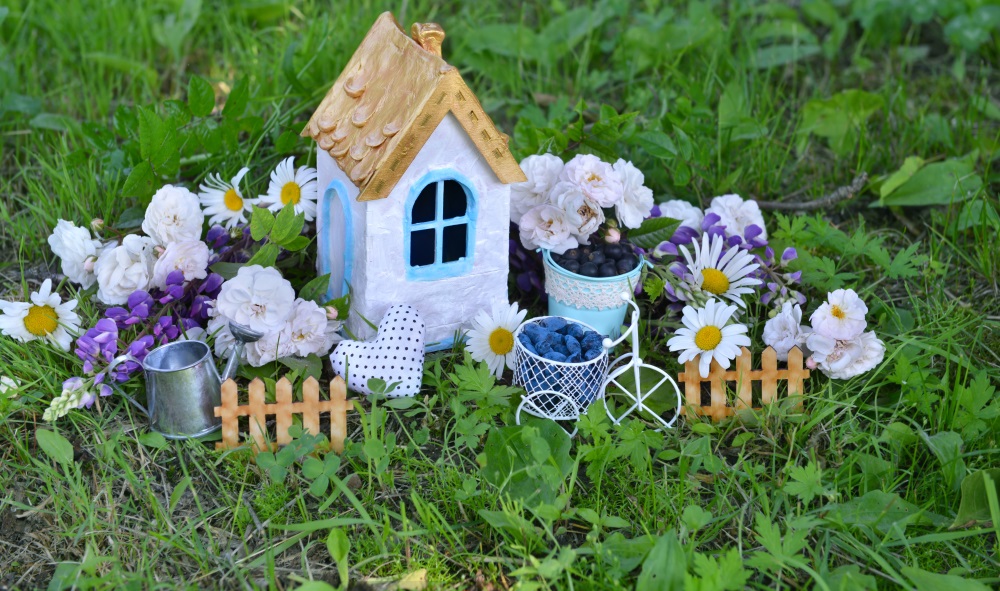A Quick Guide to Downsizing
There comes a time in most homeowners’ lives when an inevitable question gets floated at the dinner table; “Is it time for us to downsize?”
As most of us well know, by retirement age, the once hallowed dream of square footage begins to wane into insignificance, instead replaced by an increasing desire for disposable income. And why not? Larger properties are expensive to run, and more often than not can feel lonely and underutilised… especially after the kids move out.
But is downsizing right for you? In the next five minute read we’ll be weighing up the pros and cons.
Pros
- A smaller house will be easier and cheaper to maintain.
- A smaller house is cheaper to run, in particular, gas, electricity and council tax.
- By downsizing, you may free up equity in your existing property or reducing any existing mortgage repayments.
- Downsizing affords the opportunity to move to an area with better health and civic services.
- Many people also consider their downsizing move as a ‘new start’, allowing them to explore a new area, make new friends, and enjoy a standard of living that hasn’t previously been available.
Cons
- Downsizing can be stressful. Not only do you have the process of buying, selling and moving to contend with, but you may take a while to get settled into your new home too.
- Moving can be costly, especially when you consider estate agent fees, stamp duty, conveyancing fees and removal fees.
- Downsizing, by its very nature, means less space. This means less space to entertain, have guests over to stay, or put up returning children.
- Friendships with neighbours may have to be recategorised as long-distance friendships!
Taxes
So important that we’ve given it its own section! If you’re selling up in order to pass on some money to loved ones, make sure you’ve done your research on inheritance tax. Any gift, regardless of size, is treated as a ‘potentially exempt transfer’ – so if you live for seven years after giving it, you won’t be charged any tax. Be sure to read HMRC’s rules. As for capital gains tax, your main house is exempt from this – but if you have more than one property, you’ll need to check that the one you’re selling is considered your ‘only or main residence’.
Alternatives
If you’re not set on downsizing but still like the idea of freeing up capital, there are some other options you may want to consider.
- Renting out rooms. The advantage of having a larger house, especially once your children have moved out, is that you have spare rooms – and you can charge people to live in them. Renting out a room can make you up to £7,500 per year tax-free!
- Equity release. This allows you to release some capital from your home whilst still living there. For more information about equity release schemes, we recommend visiting the Money Advice Service website.
- Remortgaging. If you find that your mortgage is too much, you might have the opportunity to remortgage. In some cases, this means paying a lower rate that is easier on the pocket, and in other cases, it could mean you can shift any debt burden from personal loans or even credit cards onto the mortgage at a lower interest rate.
 Next Steps
Next Steps
If you are considering downsizing, a good place to start is to find out how much your current home is worth. You can do this either via Yopa’s online valuation tool, or by requesting a local agent to come to your home for a face-to-face, and free, valuation. Yopa’s agents can also give you tailored help and advice, and answer any questions you have about downsizing from the comfort of your own home.




















